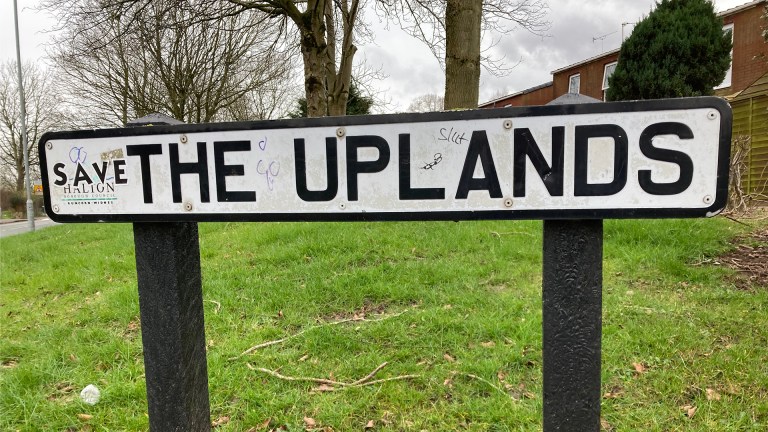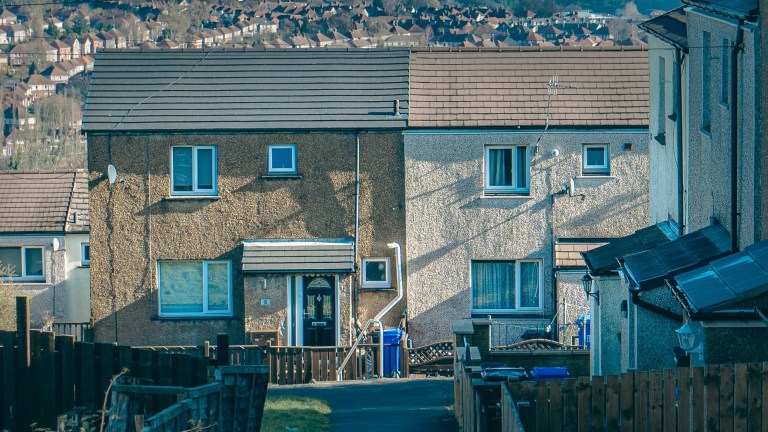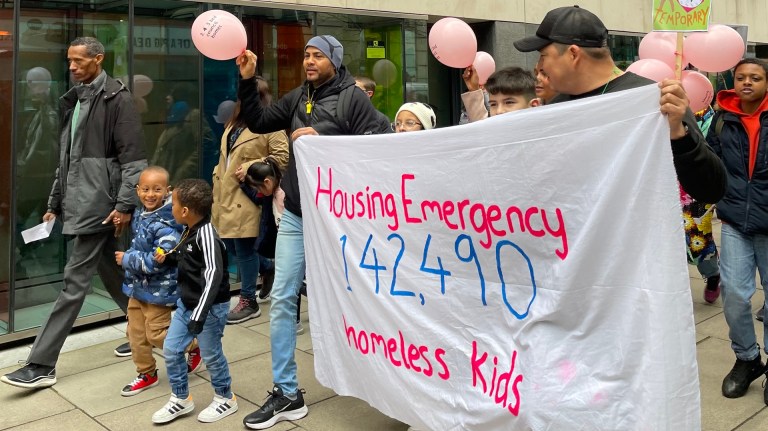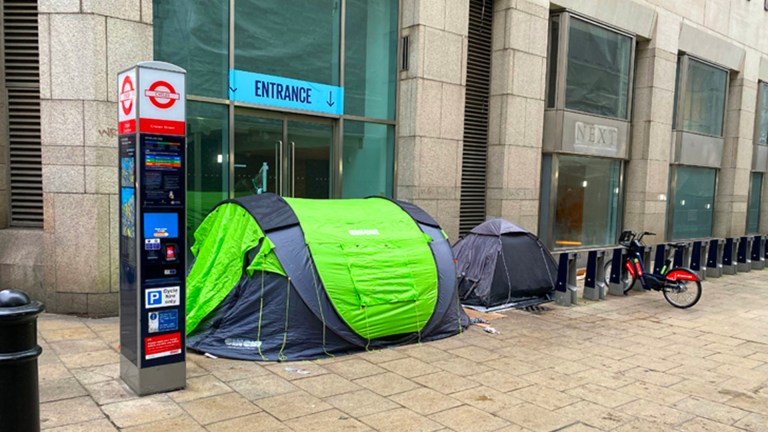“It’s just so different to having it right there in their pocket, so that they can connect with friends and family, access benefits, manage their finances, apply for jobs, apply for accommodation, learn things and attend to themselves, like listening to music, be mindful with things like podcasting. It literally touches on every single part of life.”
Simon Community Scotland’s analysis of the Get Connected 500 project found 80% of people accessed digital tools to improve their digital wellbeing.
Homeless participants reported being more connected to the things in their life that matter, exploring and learning new things as well as gaining greater confidence and health and wellbeing benefits.
Around 95% said they were feeling less lonely with access to devices allowing them to improve relationships with family and friends.
Lorraine McGrath, Simon Community Scotland’s chief executive, said “being digitally included opens up a world of opportunities for people”.
Paul McLennan, Scottish minister for housing, described the work as “invaluable”.
The intervention helped 94% know how to get help with money, debt and benefits.
That was the case for Joe, 37. He has been a part of Simon Community’s managed alcohol programme for 18 months and received a smartphone and a tablet through the scheme.
The device has been instrumental in helping him keep in touch with family and friends as well as relaxing with games and podcasts and allowing him to research his interests.
“Everybody needs technology to survive,” Joe said.
“It’s completely sorted me out for my online banking so I can actually take more control of my money and basically I don’t even need to phone my bank to cancel my card if I lose my card on a bus or somebody tries to steal it.
“When I went into rehab I started saving because I wasn’t spending all of my money on alcohol. I ended up with too much cash and I was buying clothes and trainers but having a phone lets me control my spending.”
Simon Community Scotland has worked with seven partner homelessness charities across the country to make the model nationwide.
Trout told the Big Issue they found 90% of the people in the project recognised the value of their device and held on to it rather than looking to sell it for quick cash.
The charity plans to continue distributing devices to people who need it.
“It’s the one thing that they are desperate to keep hold of because of all of the benefits it brings,” he said.
“Now, I think one of the things that people don’t realise is that when you give somebody a device, and they don’t know how to use it, it’s just a lump of metal in their pocket. If they can get 100 quid for it then, of course, they would if it’s useless.
“But if you teach people the value of the device, or the benefits that it can bring, suddenly that becomes more valuable than the second-hand resale price and as valuable to anybody else who’s got a phone that you can’t live without.”
The Big Issue has been working to break down digital barriers for our vendors in recent years.
Throughout 2022, Big Issue Group supported vendors to increase their earnings through its frontline team. 221 vendors were provided with Zettle card readers and 205 smartphones were given to vendors. Partnerships with companies like giffgaff have also helped vendors stay connected.
Do you have a story to tell or opinions to share about this? We want to hear from you. Get in touch and tell us more.









